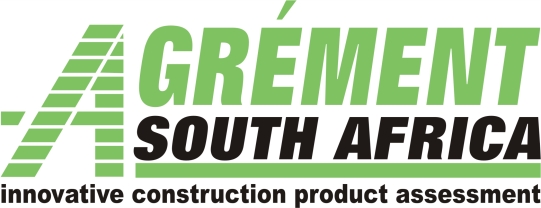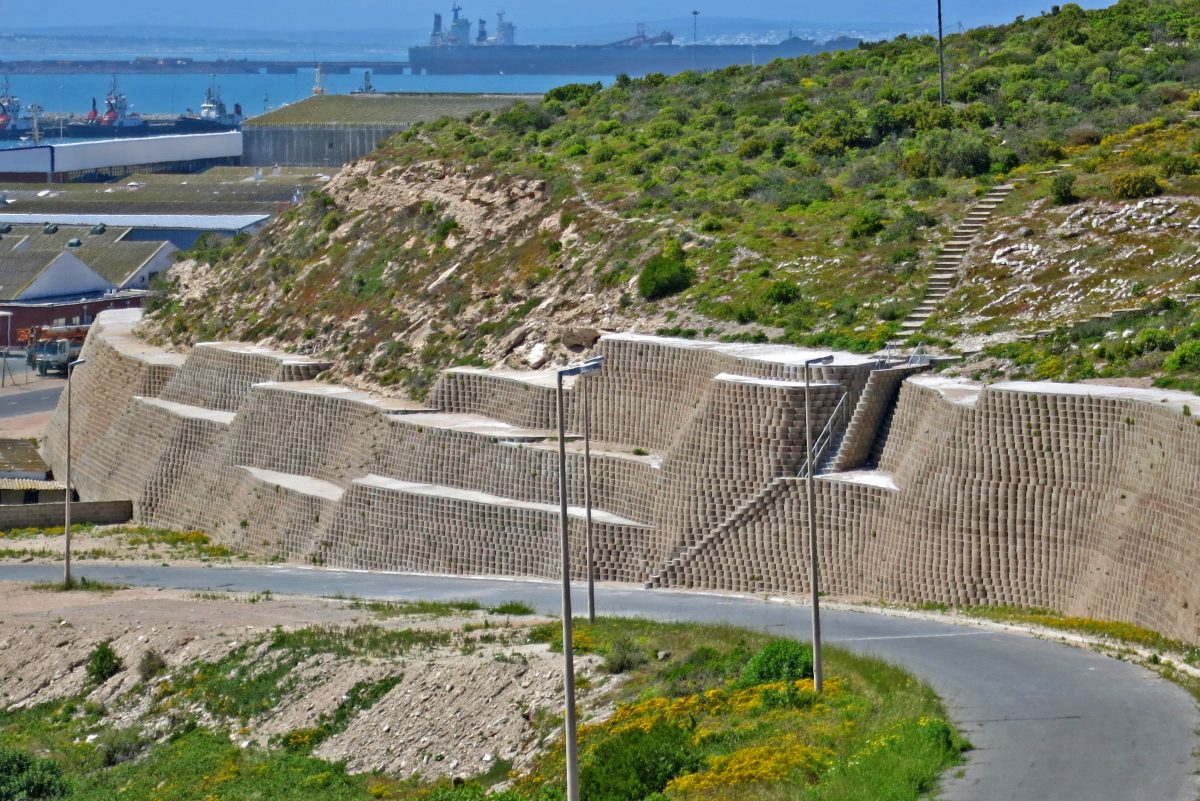

Public Works Minister Thulas Nxesi on Friday launched technical agency Agrément South Africa as a fully-fledged legal entity of the Department of Public Works (DPW). The entity was previously managed by the Council for Scientific and Industrial Research(CSIR). Agrément is tasked with conducting testing, performance and certification of construction industry products and methodologies to ensure quality and durability of such products on behalf of the DPW.
Agrément CEO Joe Odhiambo said a first focal point will be to eradicate pit toilets and contribute towards the creation of safer toilet infrastructurefor disadvantaged communities. The entity is also tasked with managing the South African Eco-Labelling System as government’s recognised system for building materials and products, which will be incorporated in the DPW’s standard specifications for construction works from next year.
This will entail inspecting green building aspects including indoor air quality, comfort, environ-mental issues, and material and energy resource conservation. Nxesi said Agrement’s is not the same as the South African Bureau of Standards (SABS), which deals with subjects that have, or can be, standardised – typically products have been in use for a long enough time to be regarded as conventional by manufacturers and contractors.
Agrément comes onto the scene when a new product or process is developed outside the existing scope of SABS – and provides the necessary testing and certification to provide assurances that the product is fit-for-purpose. In the 2016/17 financial year, Agrément South Africa received 35 applications for certifications. Of those, 29 were awarded certificates. “Agrément will continue to undertake its mandate of carrying out the highly rigorous technical assessments of non-standardised construction-related products and buildingsystems.”
Agrément South Africa’s certificates are comprehensive advisory documents, intended to assist building authorities and other interested parties to decide, on technical grounds, whether a particular innovation will be suitable for a specified purpose in a given situation.
The certificate contains an objective assessment of the performance-in-use of the subject to allow designers and specifiers to acquaint themselves with its likely performance. Nxesi said: “I am watching carefully all the SOEs in terms of governance. A number have shown poor governance. Some SOEs have been recklessness; [taking] huge salaries for themselves and we will be watching.”
Meanwhile, Nxesi concluded that the technologies to be promoted by Agrément as new innovative technologies should rather draw on appropriate technology than ‘disruptive technology’.
More news
- STATE-DRIVEN OPPORTUNITIES FOR SA CONSTRUCTION COMPANIES BUT MANAGING RISK IS A PRIORITY
- PART 4: SA’S TRADE DILEMMA: A PODCAST DISCUSSION WITH DONALD MACKAY
- CONCOR KICKS OFF OXFORD PARKS BLOCK 2A PHASE I PROJECT
- PART 3: SA’S TRADE DILEMMA: A PODCAST DISCUSSION WITH DONALD MACKAY
- MBA: ‘HOW CONSTRUCTION FIRMS SHOULD PREPARE FOR THE WORST’





